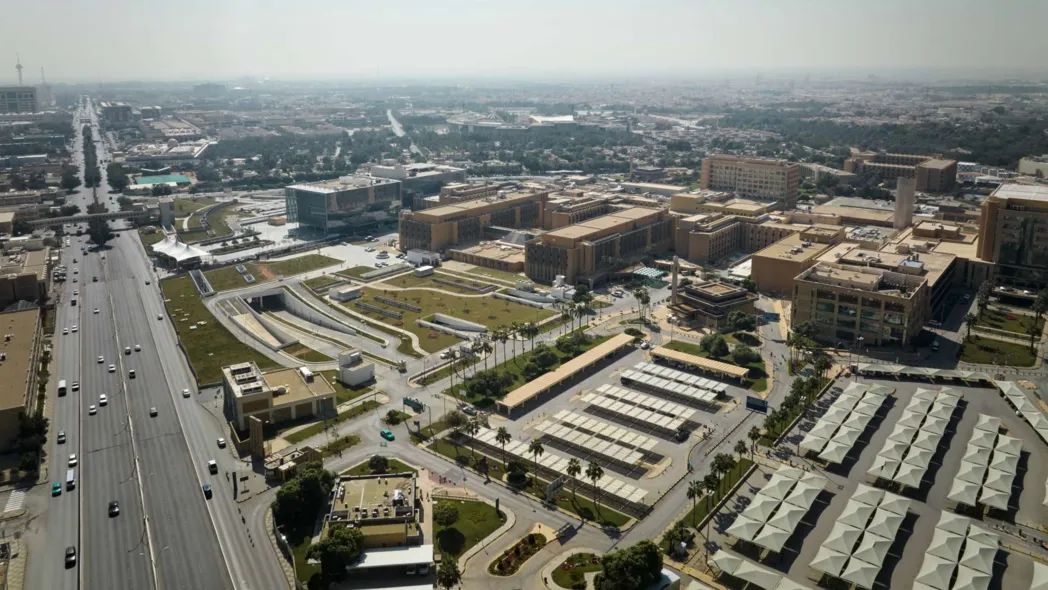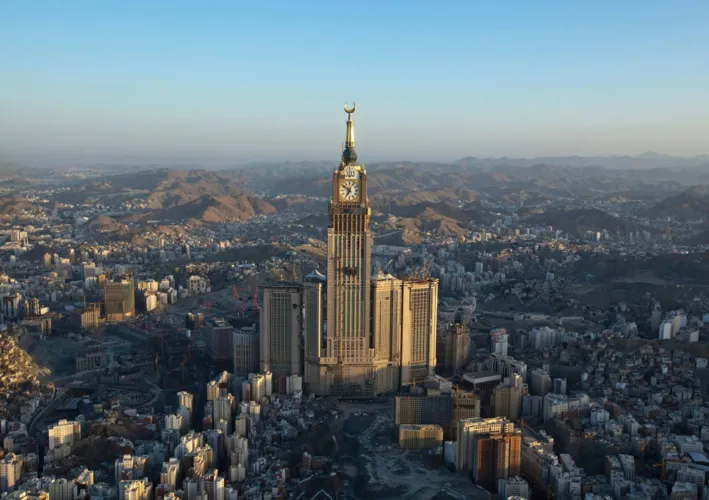New Law Reshapes How Foreigners Buy Property in Saudi Arabia
Saudi Arabia has officially enacted a transformative real estate law that opens the door for foreign ownership across designated zones in the Kingdom. Published on July 25, 2025, the law will take effect in 180 days, signaling a major shift in how non-Saudis can buy property in Saudi Arabia for foreigners—from individuals to corporations and even non-profits.
Who Can Buy: Foreign Individuals, Companies, and Funds Now Eligible
Under the new framework, foreign individuals legally residing in Saudi Arabia may own one residential property for personal use, provided it’s outside restricted zones like Makkah and Madinah. For corporate entities, the law permits non-listed companies with foreign shareholders, investment funds, and licensed special-purpose vehicles to acquire real estate across the Kingdom—including in Makkah and Madinah—if the property supports operational needs or employee housing.
This expansion allows a broader range of entities to buy property in Saudi Arabia for foreigners, aligning with the country’s Vision 2030 goals to attract global investment.
Geographic Zones: Cabinet to Define Ownership Boundaries
Ownership rights will be limited to designated geographic zones, which will be determined by the Cabinet based on proposals from the Real Estate General Authority. These zones will come with upper limits on ownership percentages and durations for usufruct rights, ensuring strategic control over land use.
While the law repeals previous restrictions for GCC citizens in Makkah and Madinah, individual Muslim foreigners may still be eligible to own property in these areas under specific conditions.
Registration & Compliance: Real Estate Registry Now Mandatory
To legally buy property in Saudi Arabia for foreigners, all transactions must be registered with the national real estate registry. Ownership or real rights only become valid after formal registration, and non-Saudi entities must obtain prior approval from the competent authority.
The law also introduces a real estate transfer fee of up to 5% for foreign transactions, adding a layer of fiscal accountability to the process.
Penalties & Oversight: Fines Up to SR10 Million for Violations
Violations of the new law can result in fines up to SR10 million, with severe cases—such as falsified ownership data—leading to forced sale of the property. A dedicated committee under the Real Estate General Authority will investigate breaches and impose penalties. Decisions can be appealed within 60 days to administrative courts.
This enforcement mechanism ensures that those who buy property in Saudi Arabia for foreigners do so within a transparent and regulated framework.
Diplomatic & Institutional Ownership: Special Provisions Apply
Diplomatic missions and international organizations may own property for official use, subject to Foreign Ministry approval and reciprocity conditions. This provision adds flexibility for global institutions operating in the Kingdom.
FAQ: What’s the Difference Between the Previous Law and the New One?
Before this new law, non-Saudis could buy property in Saudi Arabia, but the rules were far more restrictive and fragmented. Here's a quick breakdown of how things worked prior to the July 2025 reform:
Previous Law: Royal Decree No. M/15 (2000)
- Foreign individuals could own one residential property, but only with government approval and outside restricted zones like Makkah and Madinah.
- Corporate ownership was limited and often required special licensing, especially for non-listed companies or investment funds.
- GCC citizens (from Gulf Cooperation Council countries) had some privileges, but were prohibited from owning property in Makkah and Madinah.
- Usufruct rights (long-term lease or beneficial use) were allowed in some cases, but lacked a unified framework.
- No centralized registry for foreign ownership.
Saudi Arabia’s Property Ownership Law for Foreigners (2025): What’s Changed Now
- The new law standardizes foreign ownership under a single framework.
- Repeals the GCC-specific restriction for Makkah and Madinah.
- Introduces designated zones, formal registration, and clear penalties.
- Expands eligibility to non-profits, investment funds, and diplomatic missions.
What’s Next: Executive Regulations Due Within Six Months
The law replaces the previous Royal Decree No. M/15 (2000) and sets the stage for executive regulations to be issued within six months, detailing implementation mechanisms, geographic boundaries, and ownership conditions.
For those looking to buy property in Saudi Arabia for foreigners, the next half-year will be pivotal in shaping investment strategies and compliance planning.
Also Read: Saudi Real Estate Hits $29B Deals in Q1 2025







